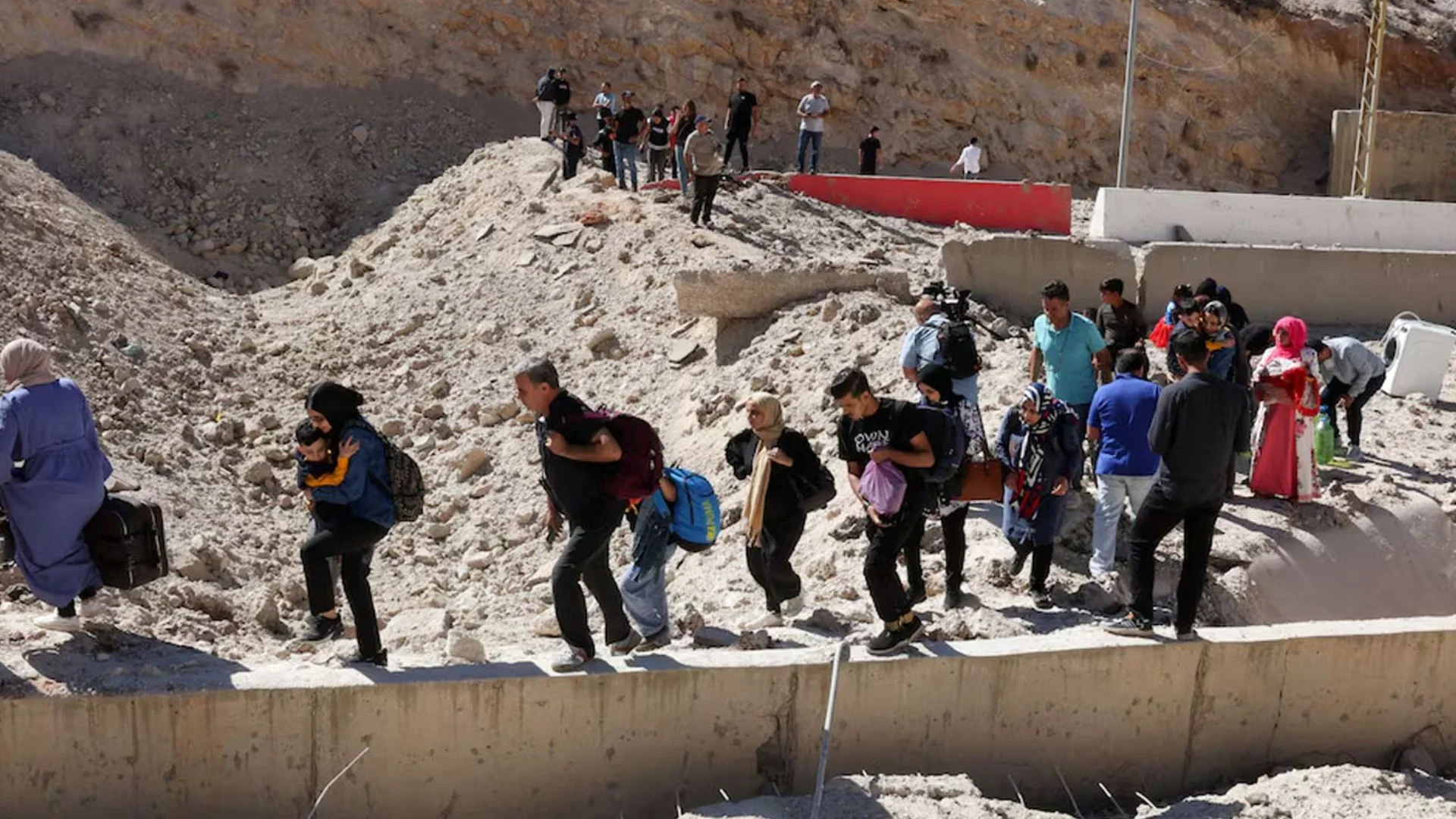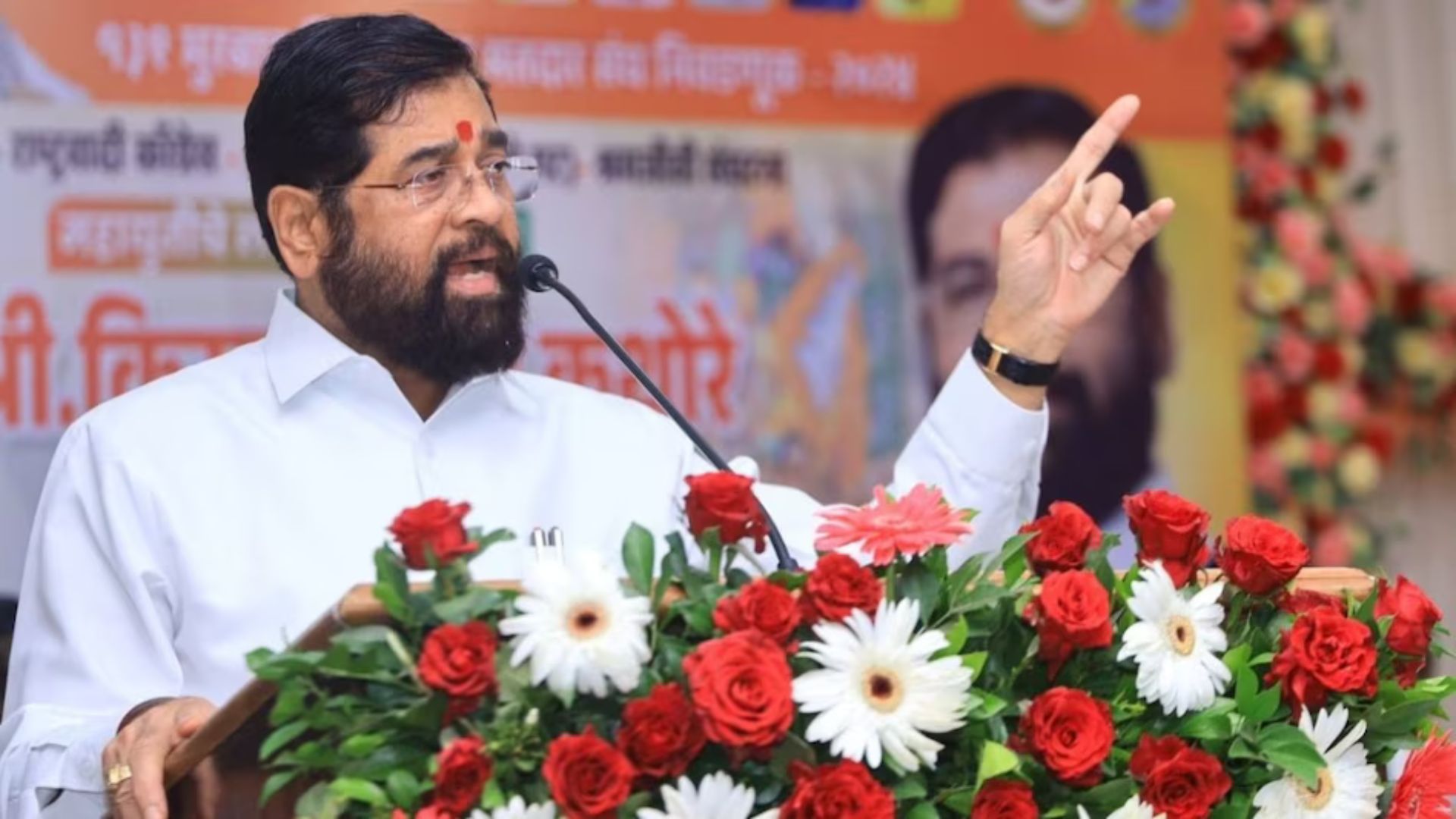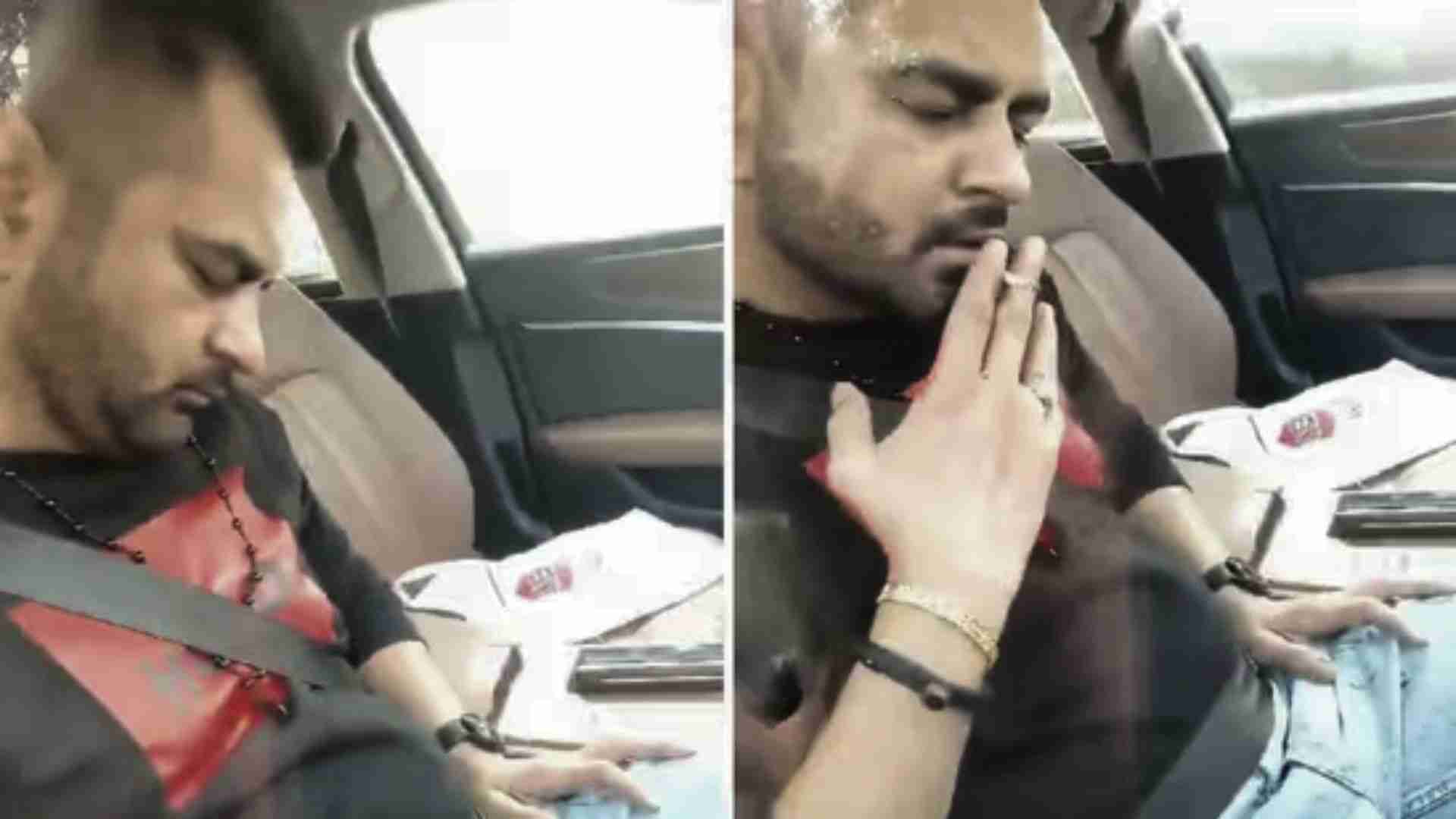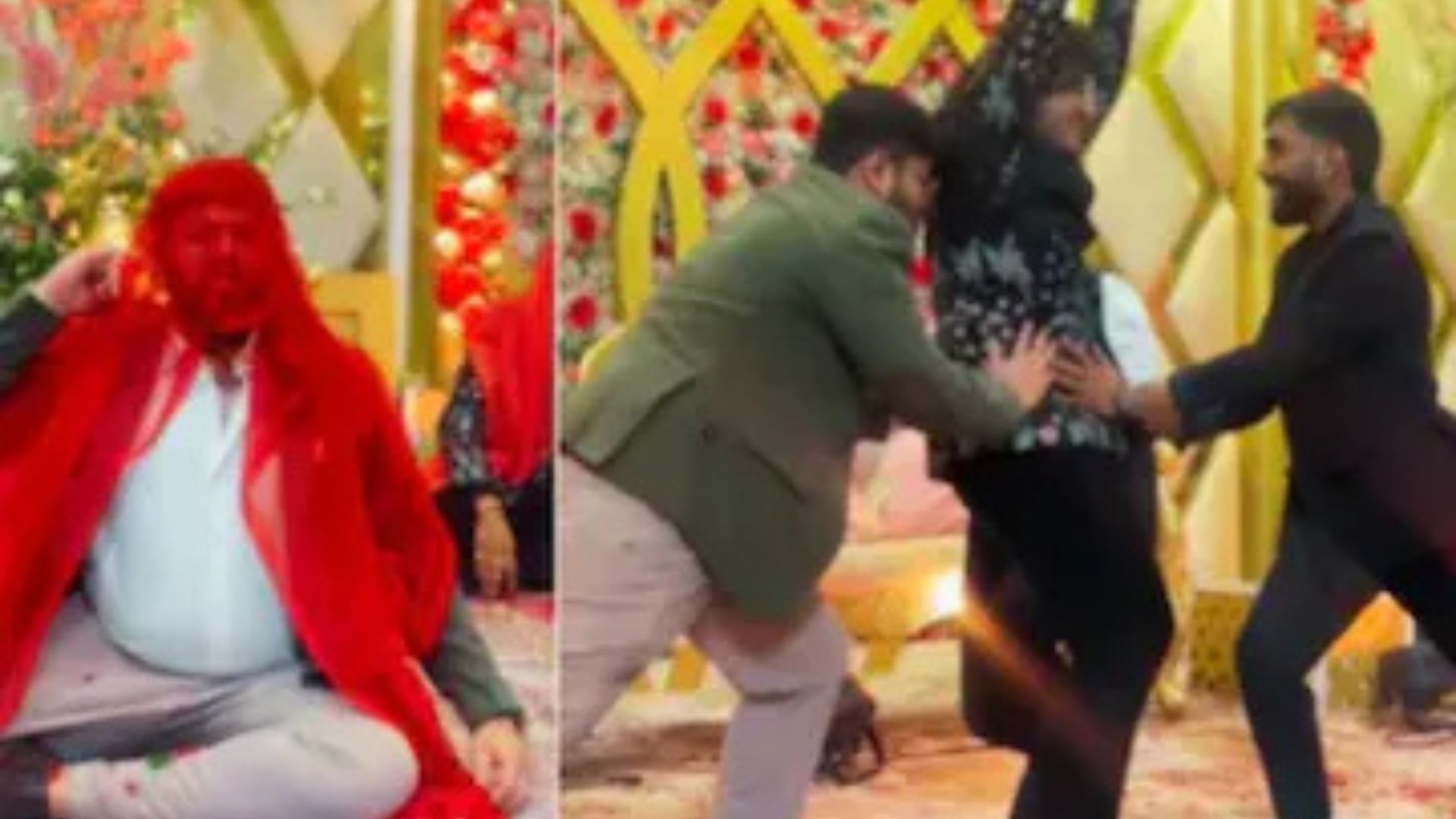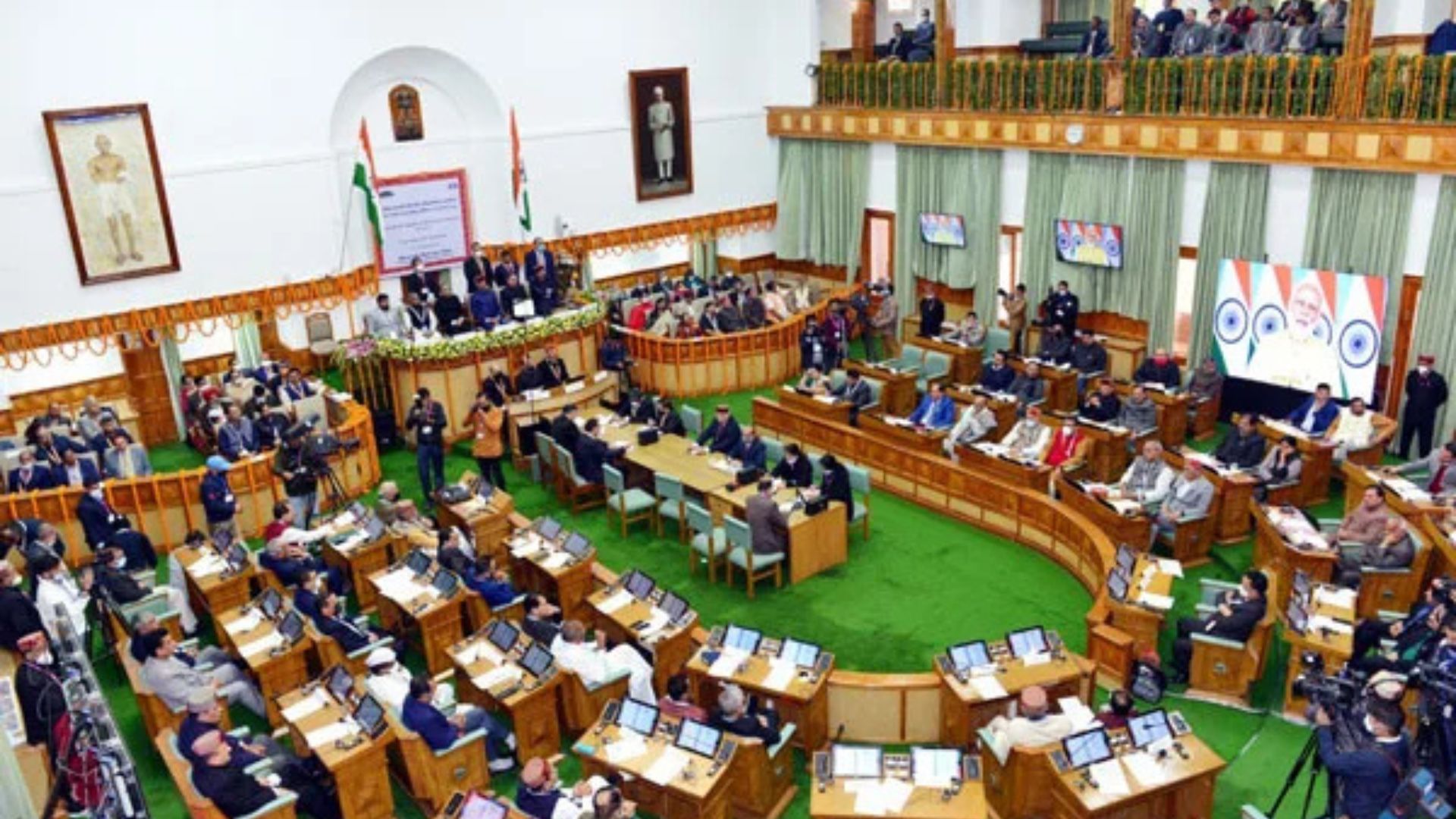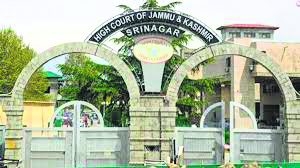
The Jammu and Kashmir and Ladakh High Court in the case observed and has reiterated that the appeals filed are not separate proceedings but rather than the continuations of the original suits.
The bench headed by Justice Javed Iqbal Wani in the case observed and has emphasized that the appeals, second appeals, and suits are interconnected steps in a unified legal pursuit of justice. Thus, the appellate court in the case possesses the same powers and discharges the same duties as that of the original Court, wherein it entitled the appellate Court to review the evidence as the whole subject to statutory limitations, if any, and has to come to its own conclusions.
Facts of the Case:
In the present case, the civil suit is filed by Prof. Gh. Nabi Sidiqi against the University of Kashmir. Prof. Sidiqi wherein seeking recovery for an amount of Rs. 1,10,000/- and a decree of declaration and injunction. Thus, the claim of him was rooted in the assertion that he had served the University in various capacities, ultimately reaching the position of Registrar before his superannuation on January 30, 1992.
However, the court stated that the University rescinded the order granting him pensionary benefits on August 20, 1993 wherein it alleged discrimination in comparison to another government officer.
The Trial Court ruled in the favour of Sidiqi’s, while awarding him the benefits.
Therefore, instead of filing an appeal, the university directly approached the High Court, invoking its extraordinary jurisdiction under Article 226 and Article 227 of the Constitution of India wherein seeking to quash of the trial court judgment and restraining further proceedings i n the execution of the order related to pensionary benefits.
The preliminary objection was raised by Prof. Sidiqi’s counsel wherein it is argued that the petition was not maintainable as the impugned judgment could be challenged through an appeal rather than a writ petition.
Observations Made by the Court:
The bench of Justice Wani, while addressing the preliminary objection, delved into the provisions of the Code of Civil Procedure, CPC and has emphaiszed that the right of appeal is a substantive right vested in a suitor at the time of the institution of the suit, and such a right cannot be curtailed unless expressly or impliedly taken away by a competent enactment.
The court in the case stated that the right for filing an appeal gets crystalized and no clog can be put on such right and right of appeal being substantive right carries with it all rights throughout, however, the same being subject to two exceptions:
Firstly, when by competent enactment such right of appeal is being taken away expressly or impliedly with the retrospective effect; and
Secondly, when the Court to which appeal lay at the commencement of the suit filed, the same stands to be abolished.
It has also been noted by the said court that the petitioner had not demonstrated any conditions warranting the bypassing of the appellate remedy which is available under Section 96 of the Code of Civil Procedure, CPC.
The bench of Justice Wani also referred to the case Shalini Shayam Shetty & Anr. Vs. Rajendra Shankar Pati, wherein it outlined the principles governing the exercise of the High Court’s jurisdiction as stated under Article 277 of the Constitution of India.
The court in the case observed that such power should be wielded with restraint and the court directed towards the promotion of public confidence in the administration of justice.
The court held that the petition was grossly misconceived and not maintainable.
The court directed the petitioner University to pay the cost for an amount of Rs. 50,000/- to Prof. Gh. Nabi Sidiqi within one month from the date of the judgment.



